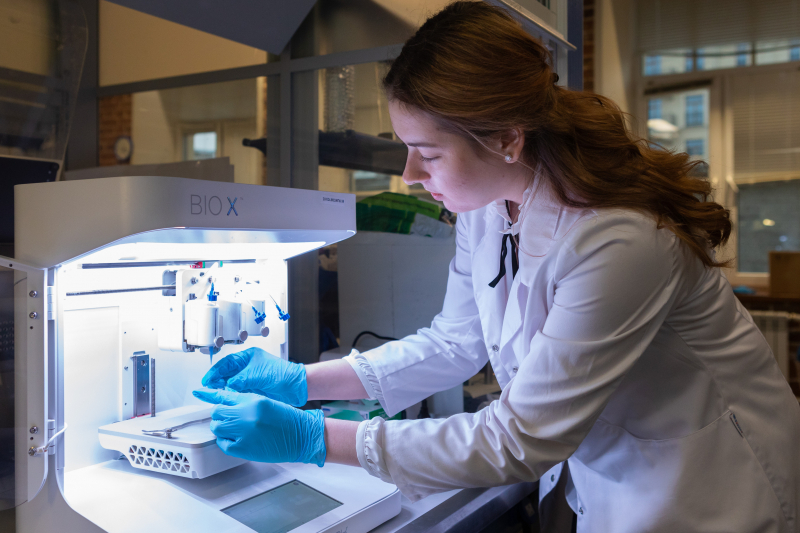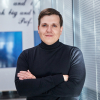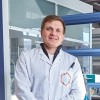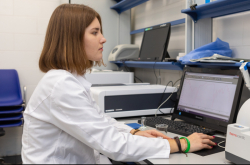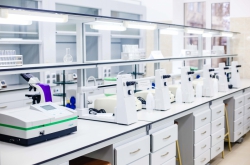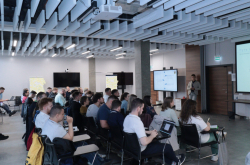Background
In 2022, ITMO University signed a cooperation agreement with Almetyevsk State Oil Institute and Tatneft to create joint training programs for next-gen professionals (particularly, leading engineers), promote Tatneft’s biotechnology advances, as well as build a social infrastructure to support talented young specialists in Almetyevsk, Russia.
The initiative is implemented as part of the university’s advanced engineering school project, which received good reviews from state representatives. The goal of the school is to train a new generation of engineering leaders who will be able to manage teams, conduct cutting-edge research, and implement scientific results in business initiatives.
Scientists today cannot develop novel products without the help of digital technologies (e.g., IT products and data-driven algorithms) and, what’s more, the fresh perspectives of young academic talents. To meet the market’s demand, ITMO University together with Almetyevsk State Oil Institute and Tatneft has opened a new Master’s program in AI and biotechnology that will train future middle and senior data analysts with an expertise in predictive models in natural sciences for pharmaceutical, chemical, chemical tech, oil, and engineering companies.
The overall objective of both initiatives is to help scientists bring their biotech projects to life and respond to challenges faced by today’s major industries.
“We’re sure that young researchers can compete globally if they have excellent soft skills and can conduct research and create products simultaneously. The new educational approach prompted us to run the first-ever competition that is meant to support single scientific groups.
It’s clear that breakthroughs and high-tech products aren’t possible without research. With this in mind, our first step is to bring together teams with research competencies and ambitions. Then, along with our colleagues from Almetyevsk State Oil Institute, we will support these scientific groups by launching startups and inviting business logic experts and technology brokers. Apart from that, we also plan to establish a special economic zone in Almetyevsk that will help us with product-oriented solutions, such as startups and seed investments, that we’re going to implement next year,” says Alexander Vinogradov, the head of ITMO’s Advanced Engineering School and a senior researcher at ITMO’s ChemBio Cluster.
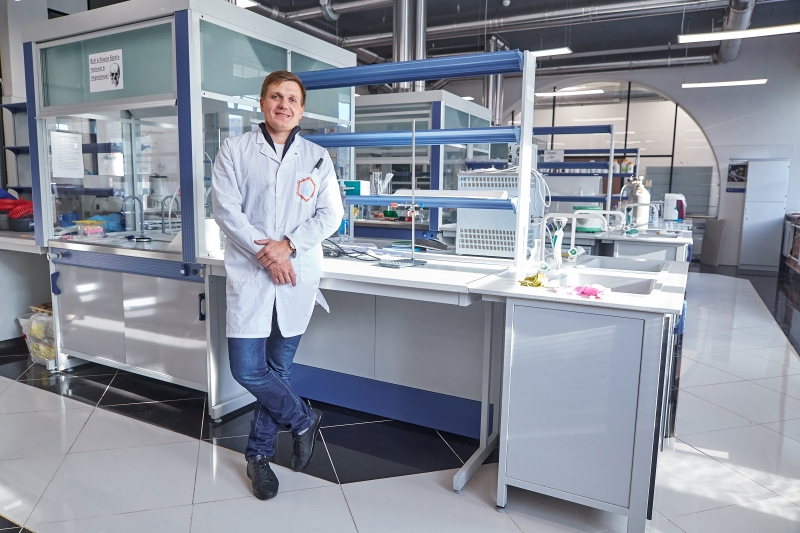
Alexander Vinogradov. Photo by ITMO University
Requirements
The contest is designed mainly for aspiring PIs under 40 years old, not necessarily with a PhD degree. Principal investigators or PIs are scientific leaders who can define frontier research fields, work at the cutting edge of science and technology, efficiently recruit and manage teams, as well as take responsibility for their performance and financial stability (budgeting, funding, etc.).
Candidates must have a good handle of digital technologies, including AI, to run projects in one of the following rapidly growing fields:
- Drug development;
- Predictive analytics in life sciences;
- Biomimetics;
- Biomaterials;
- Biotechnology in oil production and refining;
- Point-of-care molecular diagnostics;
- Cheminformatics;
- Bioinformatics.
Moreover, aspiring PIs should be ready to work at the biotech center for at least five months, while those who will express a wish to stay at the institute afterwards will be offered relocation opportunities.
Prospects
Candidates who will pass the selection process can expect a grant of up to 4 million rubles within their first year to build their own research group. In the next two years, they may receive as much as 6 million rubles annually, if the number of researchers in their group increases in the second year and their project starts attracting not less than 30% of additional funding to the institute in its third year.
Prize winners will also be able to open their lab or office at Almetyevsk State Oil Institute. They will be offered to live in corporate housing and will have access to a wide range of world-class research equipment, from spectrophotometers to microscopes and more, as well as administrative support services in case of any difficulties or questions.
How to apply
Until August 10, candidates are expected to fill out an application form in English and submit the following list of documents in the .pdf format:
- A project description with an abstract, a brief review of literature over the past three years, as well as information about the project’s novelty, proposed methods, and anticipated results;
- A planned budget for the team’s first year that includes wages and travel costs, materials, equipment, and so on;
- A project and team roadmap with goals for the next three years (e.g., events, draft articles for Q1 journals, MVPs, digital services, databases, or any other KPI that reflects the team’s effectiveness and performance);
- A CV that demonstrates the candidate’s leadership and professional accomplishments in the field.
All applications will be reviewed by an expert group. Even if experts note that a candidate does not meet certain requirements, they will still analyze their project and may invite them for an additional interview. The results will be announced by August 25.
During the next stage, which will take place on September 1, winners will have to recruit their own team members by running project presentations for Master’s students from Almetyevsk State Oil Institute and other universities. The working format (remote or offline) will be up for the PI. Vladimir Vinogradov, the head of ITMO’s ChemBio Cluster and SCAMT Institute, believes that having students from different universities in one team will enhance expertise exchange and boost students’ motivation.

Vladimir Vinogradov. Photo by Dmitry Grigoryev / ITMO.NEWS
“Our students and students from Almetyevsk State Oil Institute will have a chance to communicate, inspire each other, and learn that large and ambitious goals are, in fact, not so intimidating. All this will become possible only if teams welcome diversity,” adds Vladimir Vinogradov.
Research teams will start off with their projects on October 1 and on December 25, they will have to demonstrate their achievements, both work- and team-wise, at the Rock Science Conference in Almetyevsk. The teams that will offer the first results by August 10 will renew their contracts for the next year.
“If a scientific group performs well within three to four years, its members will be able to take on from its current PI and develop their own teams, thus ensuring a natural change of generations and transfer of knowledge and research culture,” adds Vladimir Vinogradov.
